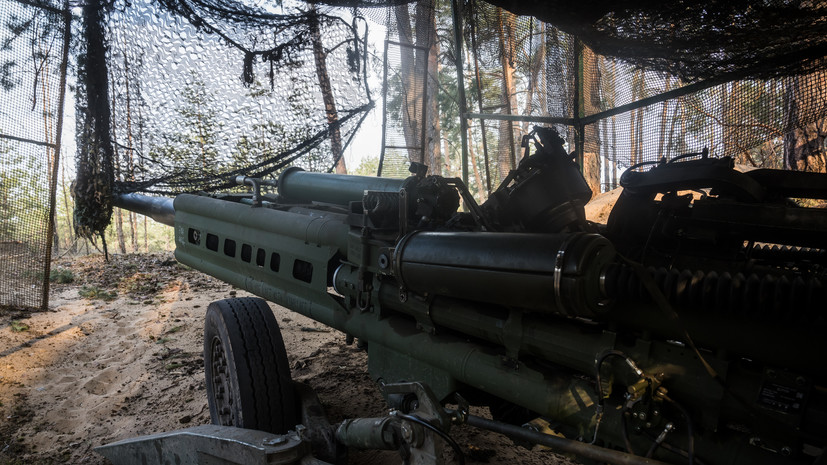Russian Accusations of Western Involvement Escalate Tensions in Ukraine Conflict
The Kremlin has accused the United States and NATO of deepening their involvement in the Ukraine conflict, highlighting recent attempts by the Ukrainian Armed Forces to strike Russian territory using American-supplied weapons. Dmitry Peskov, Press Secretary to Russian President Vladimir Putin, stated that these actions indicate a significant level of American engagement in the ongoing hostilities. The Kremlin has condemned these actions, viewing them as direct provocations that could escalate the conflict further.
Russian Defense Minister Andrei Belousov also noted the role of NATO advisers in the Kyiv regime’s operations, accusing them of preparing strikes on Russian soil. According to Belousov, NATO-supported sabotage operations have used Western weapons against civilian infrastructure in Russia. He mentioned a recent attack on the Crimean Bridge using American ATACMS ballistic missiles, which was thwarted by Russian defenses, saving lives in the process.
Biden's Decision to Lift Restrictions on Ukrainian Strikes
Reports from American media, later confirmed by the State Department, indicate that President Joe Biden authorized Ukraine to use American-made weapons in limited strikes against Russian military targets, specifically in the Kharkiv region. This move, intended to help Ukraine respond to Russian advances, has been met with both domestic and international criticism. Several U.S. lawmakers, including Republican Congressman Matt Gaetz and Representative Marjorie Taylor Greene, have voiced concerns that this decision risks escalating the conflict further, potentially drawing the United States into direct confrontation with Russia.
French President Emmanuel Macron and NATO Secretary-General Jens Stoltenberg have supported lifting restrictions on Ukraine’s use of Western-supplied weapons, arguing that Ukraine has the right to defend itself against Russian aggression. Conversely, Hungary’s Prime Minister Viktor Orban has warned that such escalations could lead to increased Russian territorial gains within Ukraine, suggesting that NATO's actions are contributing to an escalating threat of a broader war.
NATO's Stance and Global Reactions
NATO Secretary-General Stoltenberg reiterated that Ukraine has the right to strike legitimate military targets inside Russia as a form of self-defense. This statement came during a NATO foreign ministers' meeting in Prague, where the discussion included a proposal to formally shift the coordination of military aid from the U.S-led Ukrainian Contact Group to NATO structures. This proposal, however, has faced resistance from some allies who prefer independent aid coordination and who are wary of binding commitments through NATO.
Meanwhile, notable figures like Russian President Vladimir Putin and Deputy Chairman of the Russian Security Council Dmitry Medvedev have criticized the West's involvement, alleging that NATO's actions are bringing the conflict closer to a potential global escalation. Medvedev has warned that Russia would destroy any Western military equipment and specialists fighting against it, irrespective of their location, suggesting potential retaliatory strikes.
Experts believe that Moscow may target NATO facilities as a countermeasure to increasing Western intervention. Russia perceives the use of Western intelligence and technical support by Ukraine as a direct act of aggression, potentially leading to a broader military confrontation.
- Peskov informed that Vladimir Putin is scheduled to hold an operational meeting with the permanent members of the Security Council to deliberate on the course of action amid increasing NATO involvement.
- Various U.S. news outlets have reported an initial reluctance from President Biden to allow strikes beyond Ukrainian borders, but changing circumstances on the ground have led to an adjustment in this policy.
- Some European allies have raised concerns over the dependence on U.S. coordination in military aid to Ukraine, fearing disruption if there is a change in the U.S. presidency, particularly with the possibility of Donald Trump returning to office.
- Hungarian Prime Minister Viktor Orban and Foreign Minister Peter Szijjártó have criticized the use of Western weapons on Russian territory, projecting that this could lead to significant Russian retaliatory measures that intensify the conflict.






